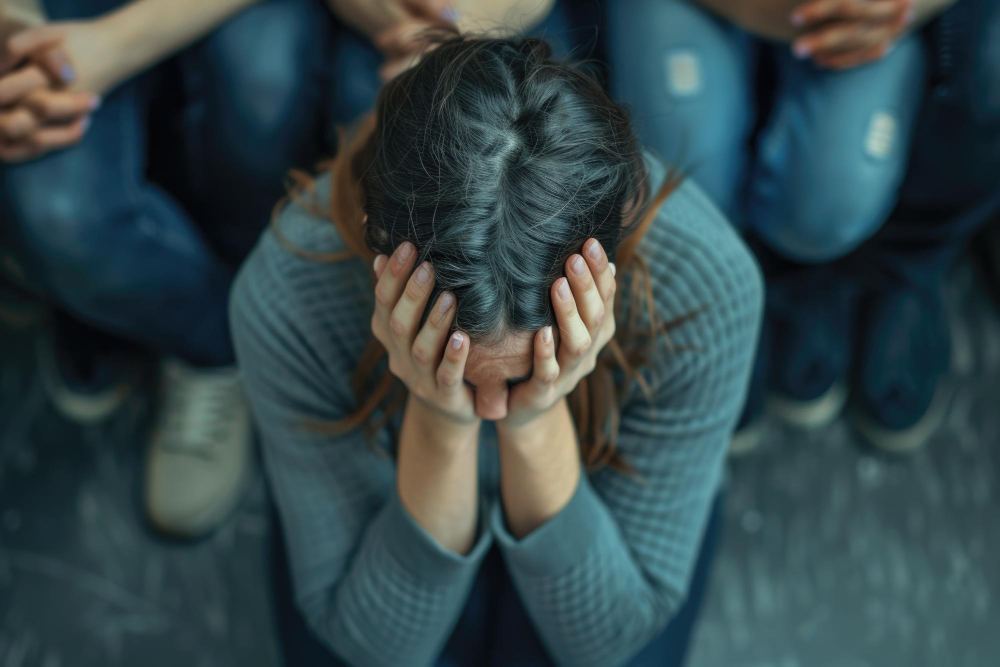What Is Social Anxiety?
Social anxiety is a strong fear of being judged or embarrassed in social situations. Many people feel nervous sometimes, but social anxiety is more intense. It can make daily life hard. For example, you might avoid talking to others or going to events. According to the World Health Organization (WHO), social anxiety is a common mental health issue. It affects both children and adults. Early help can make a big difference.
Common Symptoms of Social Anxiety
People with social anxiety often notice both physical and emotional symptoms. These signs can appear in many situations. For instance, you may feel anxious before meeting new people. Or, you might worry about speaking in public. Common symptoms include:
However, not everyone has the same symptoms. Some people may only feel nervous in certain situations.
Causes and Risk Factors
There is no single cause of social anxiety. Instead, several factors can play a role. For example, family history can increase your risk. If a parent has social anxiety, you may be more likely to have it too. Other risk factors include:
Even so, anyone can develop social anxiety. It is not your fault if you feel this way.
How Social Anxiety Is Diagnosed
Doctors and mental health professionals use simple questions to diagnose social anxiety. First, they ask about your feelings and behaviors. Next, they may use checklists or surveys. These tools help them understand your symptoms. Sometimes, they rule out other health problems. For example, they may check for thyroid issues or other mental health conditions. Early diagnosis can lead to better treatment results.
How Therapy Can Help
Therapy for social anxiety can make a big difference. Many people find relief through talking with a trained therapist. There are several types of therapy that work well. For instance, cognitive-behavioral therapy (CBT) is often used. CBT helps you change negative thoughts and face your fears step by step. Other helpful therapies include:
During therapy, you will learn new coping skills. Over time, you may feel more confident in social settings. Therapy is safe and private. Most people notice improvement after a few sessions. According to the CDC, therapy is a proven way to manage social anxiety.
Lifestyle Tips and Self-Help Strategies
Along with therapy, simple lifestyle changes can help manage social anxiety. You can try these tips at home:
Additionally, joining a support group can help you feel less alone. Remember, progress takes time. Celebrate small wins along the way.
Prevention and When to Seek Professional Help
While you cannot always prevent social anxiety, early support can lower your risk. For example, teaching children healthy coping skills can help. If you notice signs of social anxiety in yourself or a loved one, do not wait. Seek help if:
Professional help can make a big difference. Therapists and doctors are trained to support you. The sooner you reach out, the sooner you can feel better.
Conclusion
Social anxiety is common, but help is available. Therapy and self-help strategies can improve your quality of life. If you or someone you know struggles with social anxiety, consult a mental health professional for personalized advice on managing social anxiety.

